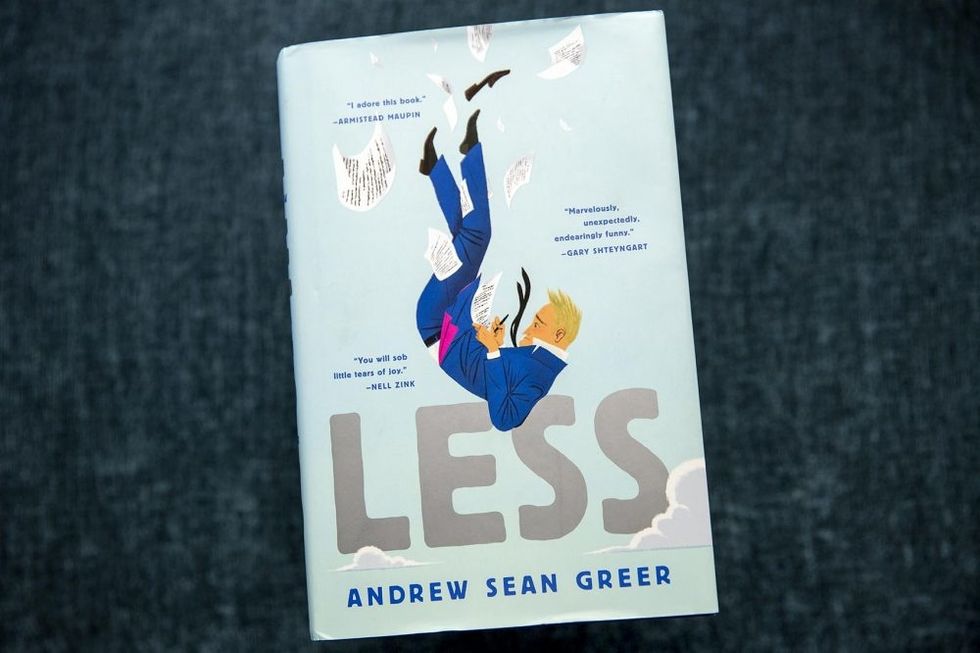Like all of the books that have defined my adult summers (re: '16, '17, '18), I read "Less" by Andrew Sean Greer on the train to New York. And like the two books before it, "Less" touched on something in me I wasn't fully ready to explore yet. In this specific instance: adulthood and how we humans face growing older.
When I was fifteen, I had a blog (a mild failure; don't ask) and I clearly remember wanting to write a piece titled, "On Growing Up and Sucking More" because, at fifteen, I thought that was brilliant. But the problem that derailed this ingenious plan was the fact that I had no idea what to say. What does a fifteen-year-old with a relatively safe and secure childhood know about growing up? Learning Santa Clause wasn't real? Getting that first shitty period or growing boobs and feeling self-conscious? Having to think about college and begin to conceptualize "the rest of your life"?
Essentially, nothing.
Wanting to be older was as much a cornerstone of my childhood as the scent of my grapefruit Neutrogena acne scrub was and just as nostalgic in memory. Now, as a rising junior who violently shudders whenever an adult asks me how it feels to be halfway done with college, I want to be younger so badly. Sure, the freedom is fun and being able to vote and drive is a definite plus, but now I'm An Adult™️ and I have to make Decisions™️ all the time and Plan For a Career™️ and that stuff is Scary to Do™️.
So it's encouraging in the most depraved kind of way that the titular character of "Less" feels much the same way I do at twenty as he approaches and reaches his fiftieth birthday. Unlike Jennifer Aniston, we don't all age with grace and incredible beauty. Growing older (notice how I'm not saying growing up? I am up. I am An Adult™️) is petrifying to everyone except John Mulaney's old queen alter ego. No one wants to look back on their life at any stage, especially when you're twenty and you know in your heart of hearts that the best years are ahead of you but damn, looking back…. Life used to be pretty good….
But "Less" answers the question: "What happens when we have to look back on our lives?" Because we all will at some point, and it won't be with a nostalgic longing for Annie's Mac and Cheese. It will be for what we consider to be the best days of our lives, the ones we don't know until they're past us. And that's scary as all hell.
So how do we cope? In Arthur Less's case, run away on a five-month journey across the world to escape a former boyfriend's wedding to someone else.
While the specifics of this coping mechanism are not universally applicable (if only we could all be semi-famous novelists with love affairs that are better known than our written works), what Less learns on his trip is: that we need to learn to be alone. "How did you get from Less's story," you might ask. "He's always around other people!" Ah yes, but it is only in his brief moments alone, in his reflections about being alone, that he truly finds what it means to age and, at fifty, be an adult.
Don't understand what I'm talking about? Read the book. The Pulitzer Board did.






 The minimum wage is not a living wage.
StableDiffusion
The minimum wage is not a living wage.
StableDiffusion
 influential nations
StableDiffusion
influential nations
StableDiffusion












